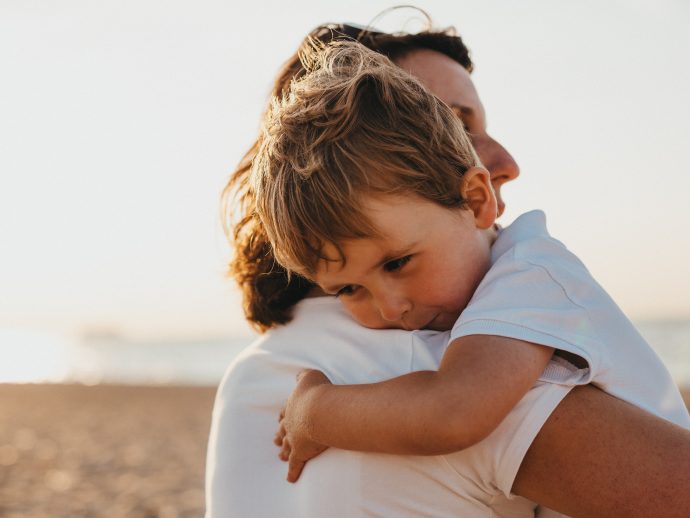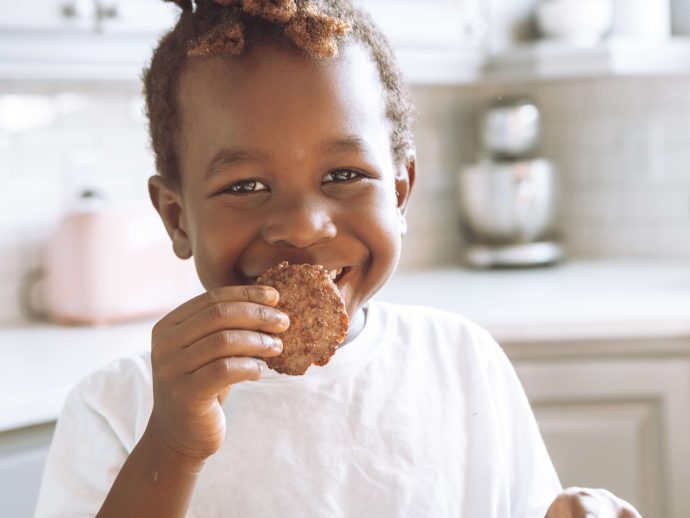
Today, we’re slowly returning to a “new normal.” This season has been heartbreaking and stressful, especially for children who can’t fully comprehend what’s happening. With the right tools, parents and caregivers can navigate kids through our pandemic reality.
Deal with yourself first
“For many children, the panic and fear has been magnified by the reaction of parents,” says Jo Frost, a bestselling parenting expert and the star of the hit TV show Supernanny.
Dr. Abigail Gewirtz, author and the director of the Institute for Translational Research in Children’s Mental Health agrees. “You need to put your own stuff aside if you want to truly help your kids,” she explains.
“Figure out how COVID-19 is affecting you, and do some self-care,” says Gewirtz. “Deal with your own stuff separately so when you sit down with your kids to listen to their worries, you’re truly listening to their worries.”
Plan ahead
“If your child is asking questions about COVID-19, think about what level of detail you’re willing to share with them,” advises Gewirtz.
Every child is different, with varying degrees of what they might be able to handle, yet every kid has a right to know what’s happening in their world. Stick to the facts, be honest if there are things you don’t know, and use age-appropriate language.
A big thing to discuss is your child’s understanding of the changing rules as society re-opens. “With [re-opening] phases happening at different times, parents need to listen to the details and communicate clear directions about what those next steps are and why,” says Frost.
Provide reassurance
Children have a difficult time separating what they hear or see, from what’s happening in their personal lives. So, it’s important to understand what’s worrying them, then reassure kids by giving them specific instructions on how to stay safe and be part of the solution.
“Let’s say your five-year-old heard that his friend’s grandma died in a nursing home,” says Gewirtz. Obviously, you wouldn’t talk about the dire circumstances in some nursing homes. “You might tell him, ‘There’s an illness that affects older people. For now, your own grandma is safe, and I’m going to keep it that way, which is why we aren’t going to visit her for now.’”
Stay positive
Positivity and proactive planning helps children feel safe, supported, and hopeful. “Look at the glass half full,” says Frost. “Be in gratitude for what we have today. Become more mindful. Because none of us have an ‘end date’ for this pandemic, it has made many feel out of control. Surrender to what you can control; flow with the rest. The less you resist, the easier you adapt.”
“You’re teaching your children strength and resilience,” says Frost, “and what courage looks like, because in the face of fear you keep moving forward. I salute you on behalf of every child.”
Written by Joshua Duvauchelle






